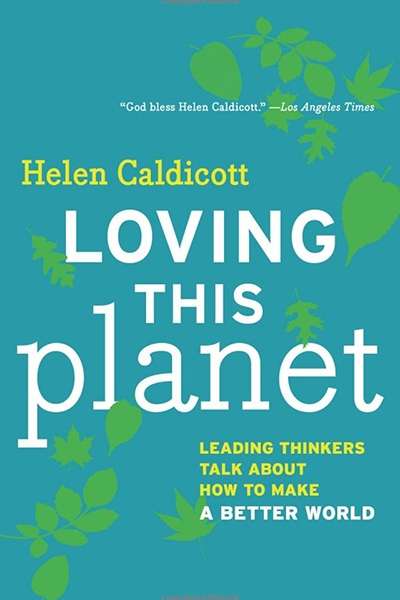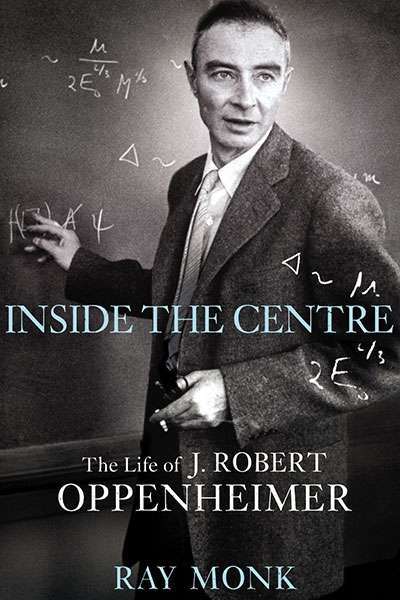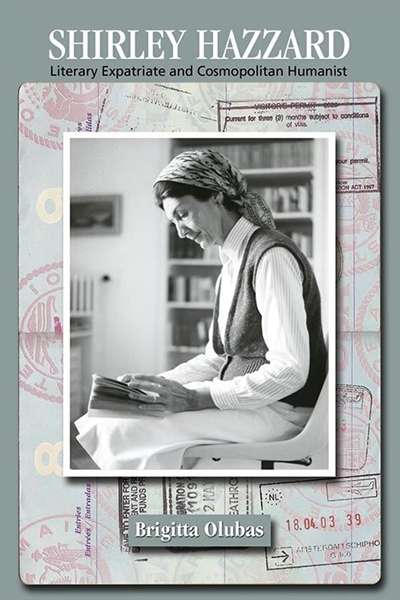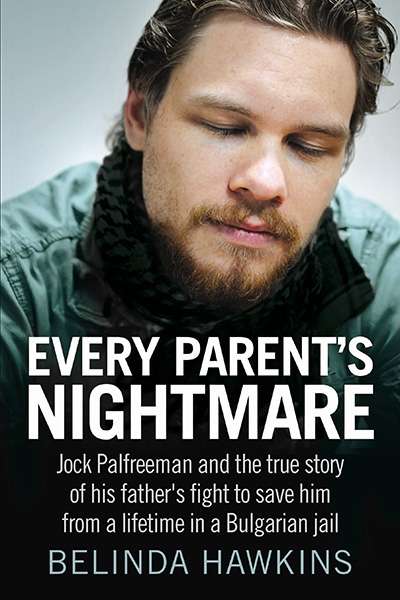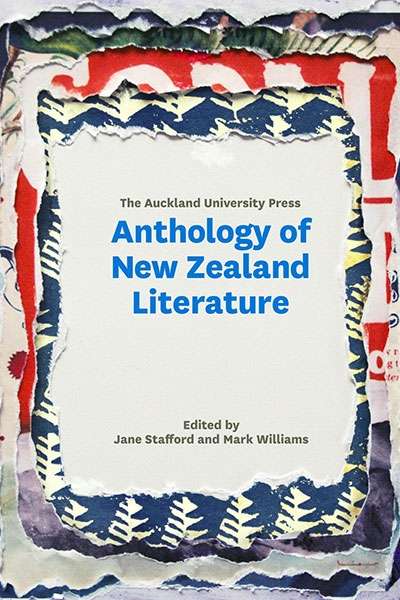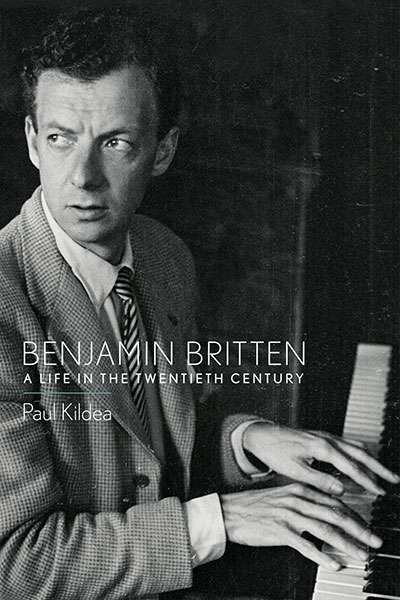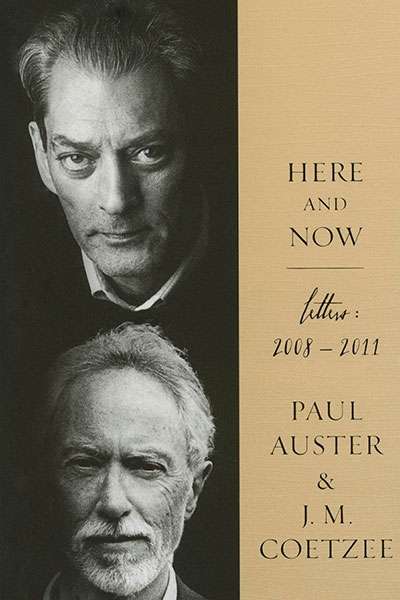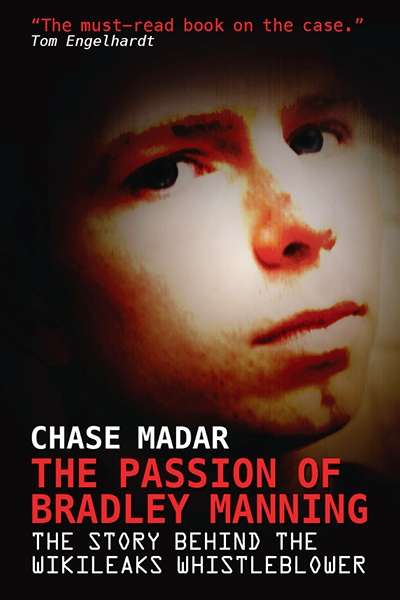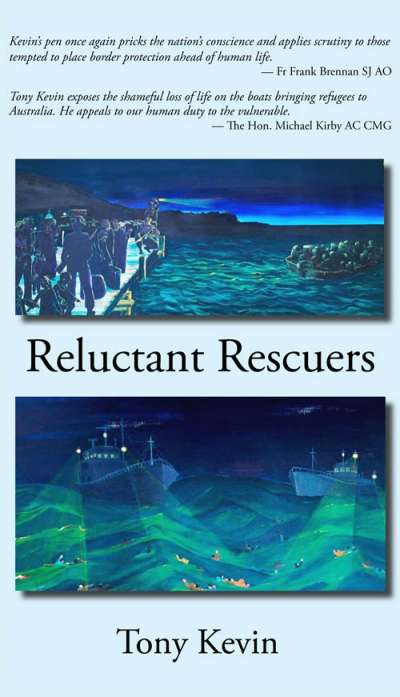Non Fiction
Loving This Planet by Helen Caldicott & Waging Peace by Anne Deveson
In a world punctuated by civil and global conflict, it seems almost quaint to promote peace as a weapon of choice. Even in more progressive quarters, an explicit identification with pacifism seems to evoke nostalgia for a time when the enemy was obvious and the mission supposedly self-evident. But in recent decades the threat has become more nebulous, as has the relationship between defence, government, and the arms industry. Ideological differences, rather than territorial disputes, are much harder to resolve. A drone strike, regardless of its intended specificity, will always incur – to borrow from army parlance – a significant amount of ‘collateral damage’.
... (read more)Inside the Centre: The Life of J. Robert Oppenheimer by Ray Monk
The title of Ray Monk’s biography of Robert Oppenheimer plays on several ‘centres’: the entrancing interior of the atom wherein physicists found the secrets of nuclear energy; the institutional centres of American intellectual life that served as Oppenheimer’s professional milieu; the seductive hubs of political power to which he felt a fatal attraction; his own inner life, full of strange shadows and paradoxes.
... (read more)Shirley Hazzard: Literary Expatriate and Cosmopolitan Humanist by Brigitta Olubas
The cover of Shirley Hazzard’s The Great Fire shows a vast and terrible conflagration. Flames reach high into the sky, devouring the air and seeming to set the wide river alight. In the distance, an eerily familiar pair of ghostly towers rises above the smoke. In the foreground, tiny human figures move around as a boat sets off towards the fire, perhaps in some desperate attempt at rescue. The painting is The Burning of the Houses of Parliament by J.M.W. Turner. Shirley Hazzard chose this image herself for the cover of the novel, which won both the Miles Franklin and National Book Awards in 2003.
... (read more)Every Parent’s Nightmare: Jock Palfreeman and the True Story of His Father’s Fight to Save Him from a Lifetime in a Bulgarian Jail by Belinda Hawkins
Like the best examples of true crime books, Every Parent’s Nightmare goes far beyond the tragedy at its centre and places it in its socio-economic context. Belinda Hawkins details how a death in Bulgaria back in 2007 became a highly politicised incident, and offers a convincing explanation as to why the trial was so sloppy and one-sided ...
... (read more)The Auckland University Press Anthology of New Zealand Literature edited by Jane Stafford and Mark Williams
Benjamin Britten: A Life in the Twentieth Century by Paul Kildea
It would be a pity if this well-researched and nuanced biography of the greatest English composer of the second half of the twentieth century became known for the rather sensational medical revelations contained in the last chapter. Certainly, they gave me pause before I began reading the book.
... (read more)Wandering through the Mawson collection at the South Australian Museum one winter afternoon, I stare through the glass at the reconstruction of my great-grandfather, Douglas Mawson’s room in the hut, the sound of a moaning blizzard in my ears. The eerie sound of the wind coming through the installation, so familiar to Mawson and his men, is strangely alluring. There is something calming, almost hypnotic in its rhythm and repetition, as if I am literally being drawn into their world and their time. Yet I am also aware of its destructive force. John King Davis, who was captain of the Aurora on Mawson’s Australasian Antarctic Expedition (AAE), 1911–14, likened it to ‘the shriek of a thousand angry witches’, its constancy keeping them ‘for a seeming eternity the pitiful, worn out impotent prisoners of hope’. Some entries in Mawson’s diary comprise only one written word, ‘blizzard’, followed by successive days of ‘ditto’.
... (read more)Here and Now by Paul Auster and J.M. Coetzee & Distant Intimacy by Frederic Raphael and Joseph Epstein
The recent publication of Willa Cather’s letters caused a stir in the United States. The American author, surprisingly underrated here, had explicitly and repeatedly said she did not want her letters made public. Some believe her wishes should be respected; others say the demands of history are greater than those of a long-dead individual.
This, of course, points to part of the allure of reading the private letters of famous people. Through them, we glimpse multiple facets of personalities that have been airbrushed by publicists: the grumpy and the affectionate, the outrageous and the encouraging, the truly intelligent and the superficially smug. We get flashes of insight into political and artistic decision-making and delicious celebrity gossip. Half of it would be actionable if everyone involved were not already dead.
... (read more)The Passion of Bradley Manning: The Story Behind the Wikileaks Whistleblower by Chase Madar
Bradley Manning is famous for being the US soldier who supplied WikiLeaks with its ‘choicest material’. In The Passion of Bradley Manning, Chase Madar argues that Manning is a national hero who has been wrongfully punished for his actions ...
... (read more)Reluctant Rescuers: An Exploration of the Australian Border Protection System’s Safety Record in Detecting and Intercepting Asylum-seeker Boats, 1998–2011 by Tony Kevin
In Reluctant Rescuers, Tony Kevin addresses the rescue at sea of boat people who have entered Australian waters. He aims to provide a ‘fact-based analysis of a shadowy’ – and deeply controversial – ‘area of public policy’. Kevin begins by correcting the myth that ‘people smugglers’ are the ‘main culprits when people die at sea’ ...
... (read more)
